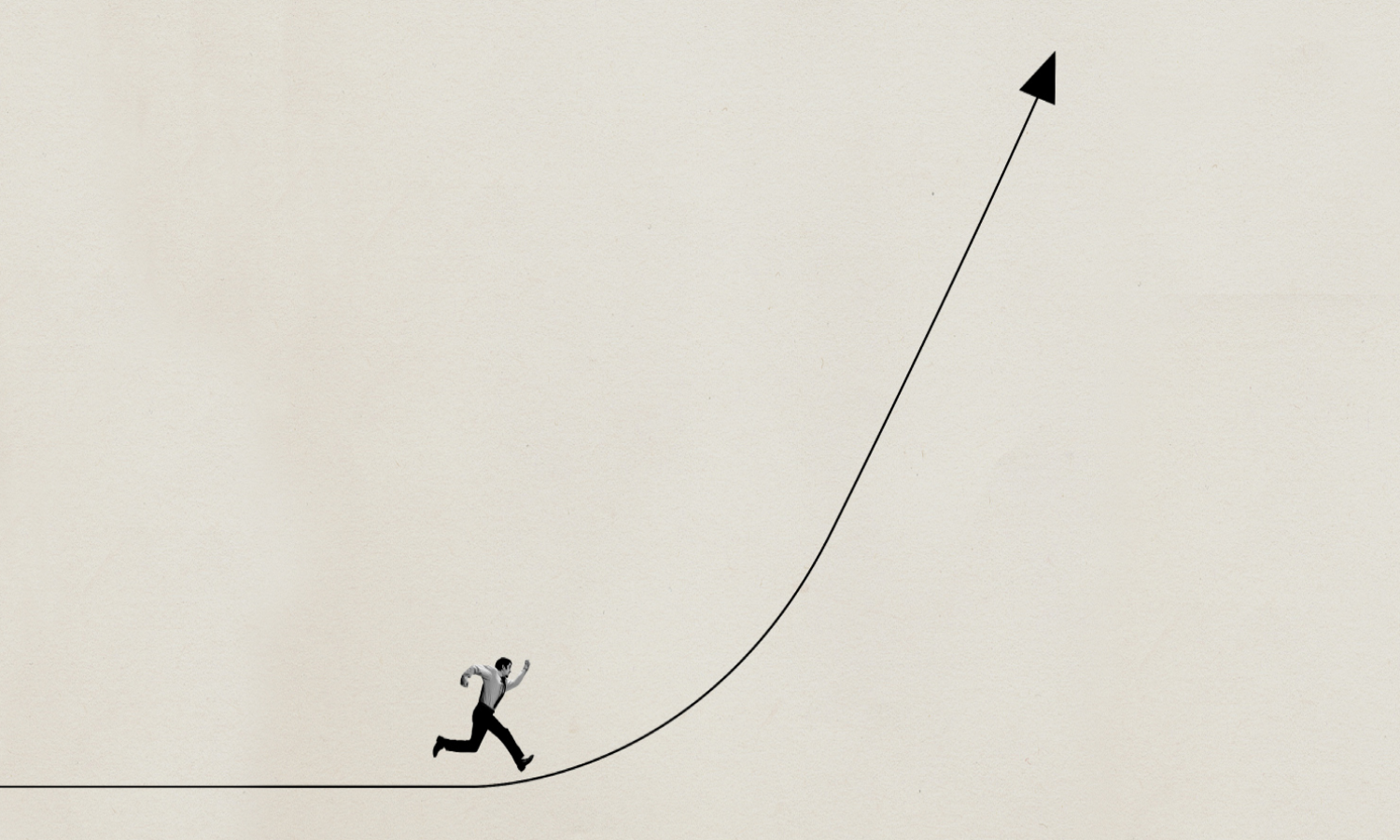Competitive analysis is crucial for a successful growth strategy. At Nioma, we’ve done countless competitor research projects as a part of our strategic services. There’s no doubt that any business that wants to be top of mind for their customers needs to understand their competitors – what they’re doing, what their strengths are and where their weaknesses lie.
But what happens when we watch our competitors too closely?
We end up with reactive marketing – and a distraction from our larger vision.
What is involved in competitor research?
With competitor research, we’re gathering as much information as possible about your company’s competition. From products, to pricing, to marketing strategies, this analysis allows us to gain a deeper understanding of your competitors’ position in the market, as well as where your business stands in relation to your competitors.
To accomplish this, we use market research tools to track and analyze your competition, and explore publicly available information like their marketing channels, press releases, and industry trends to learn as much as possible.
This information helps us to make informed, research-backed decisions about your marketing strategy. Competitive analysis isn’t the only factor at play when it comes to developing an effective marketing strategy for your company. A brand and digital audit, customer research and industry research are also crucial for a strong strategy – whether you’re a start up, an established small business or a large corporation. However, what we learn from your competitive analysis will have an influence on your overall marketing strategy.
Is too much competitor research bad?
Competitor research is good practice for any organization that wants to invest in effective marketing strategies. But focusing excessively on your competitors can take time and resources away from other important marketing tasks. When your teams or your marketing agency are overly focused on what your competitors are up to, it distracts from larger initiatives and the company’s own strengths. Essentially, you start to lose sight of the bigger picture.
What is “reactive” marketing?
Reactive marketing is exactly what it sounds like. With this type of marketing, we are reacting in real time – whether it’s to trends, customer feedback, competitors or events – instead of following a pre-planned marketing strategy. This is particularly effective during a crisis, or in response to new services or products becoming popular.
Reactive marketing isn’t inherently bad. Oftentimes, it can actually be a strength as long as it is supported by a strategic, long-term marketing plan.The best brands are agile after all. They are capable of adapting quickly to changing circumstances. However, this should come from a place of strategy, not a place of panic.
It’s one thing to react to current trends or events. However, when companies react too quickly and too often to their competitors, it pulls them away from their larger plan.
Pro-tip: Have a strong strategy
Strategy is key to meeting your business objectives. Before starting with a marketing plan, you’ll need a strong brand strategy. Think of this as a solid foundation that will make your marketing spend more effective in the long run.
Having a brand and marketing strategy will allow you to differentiate from competitors rather than react to them. And when it is time to be agile and react to a changing circumstance, you’ll be supported by a long-term plan rather than emotion.
A marketing roadmap will allow your company to track progress and make adjustments when needed, all while staying true to your brand and keeping the approach aligned with business goals.
In the end, it’s all about having a balanced approach.
While you should include competitive analysis as part of your company’s marketing strategy, it’s also important to focus on the company’s strengths, value proposition and customer needs. Too much time spent on closely watching competitors can drain resources and distract from more important initiatives that would offer a better return on investment.
The key is to find a balance, and regularly review your priorities. Working with an experienced strategic marketing agency can help you meet your goals and better understand your competition all while moving your business forward.
Contact Nioma today to learn more about our services and how we can be your partner in growth.



